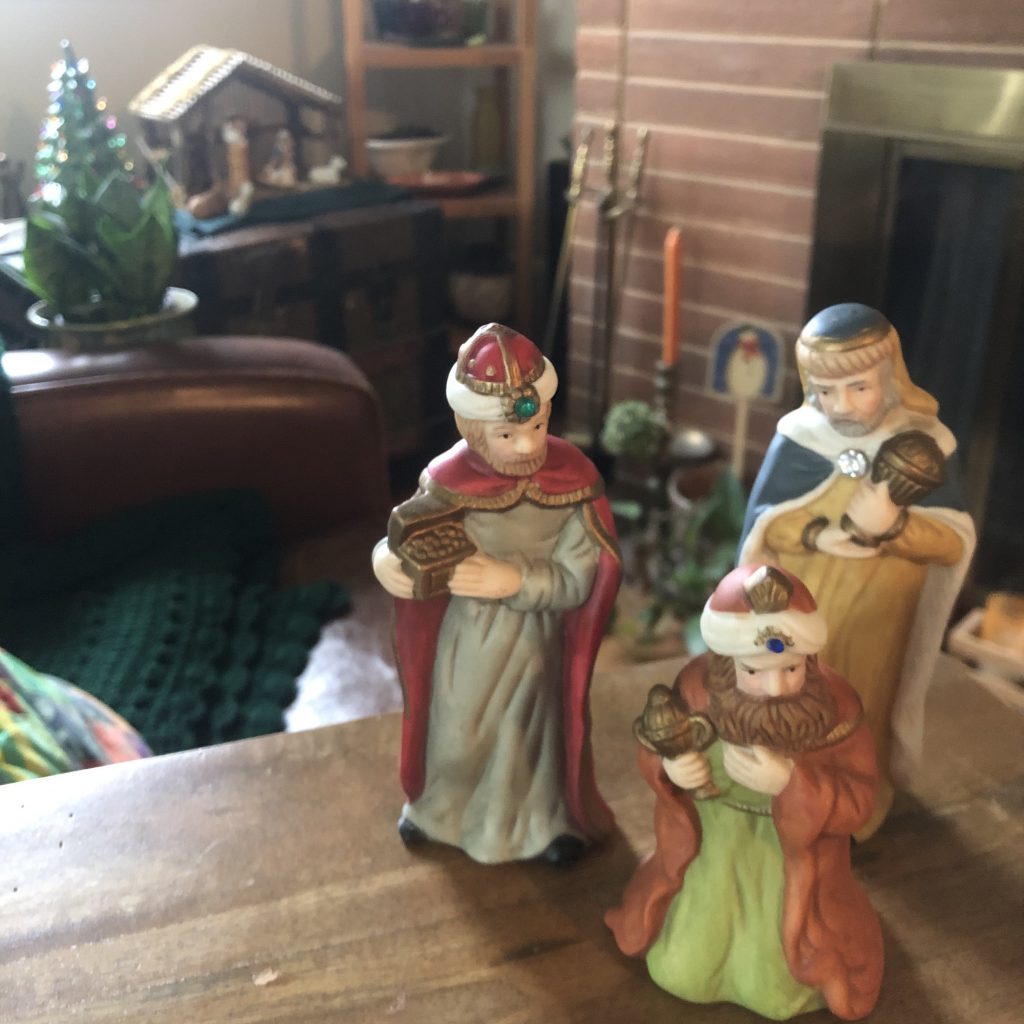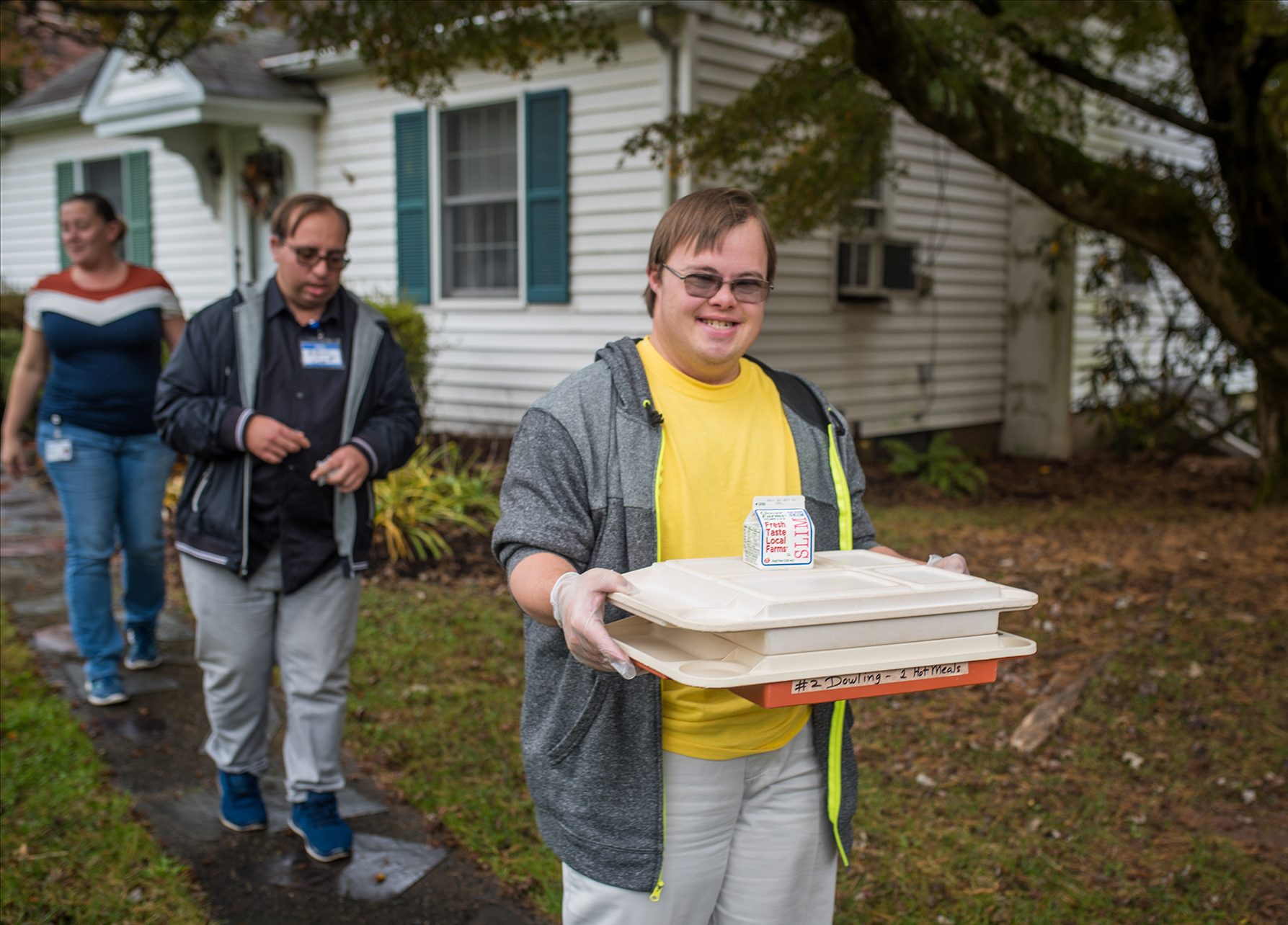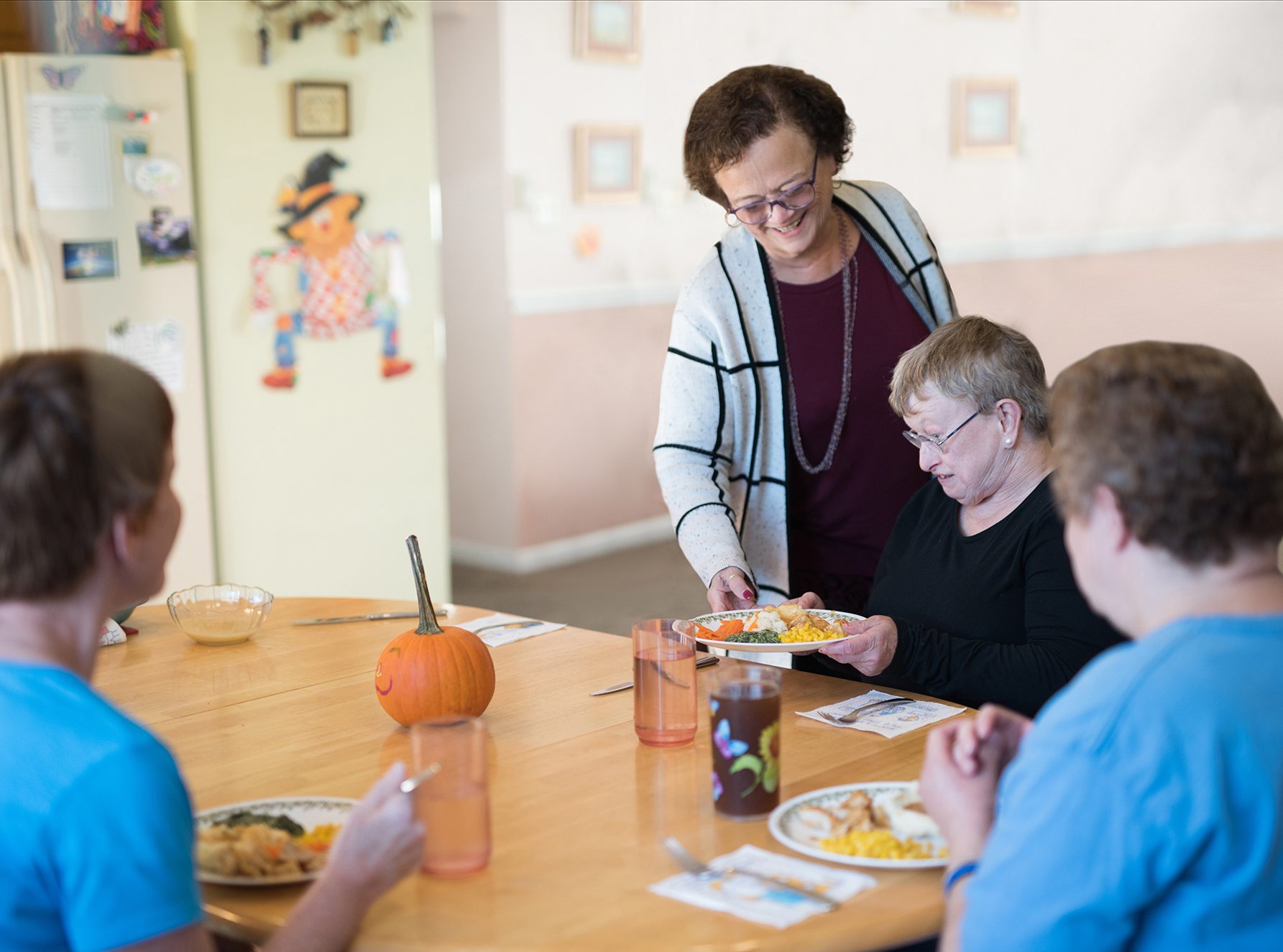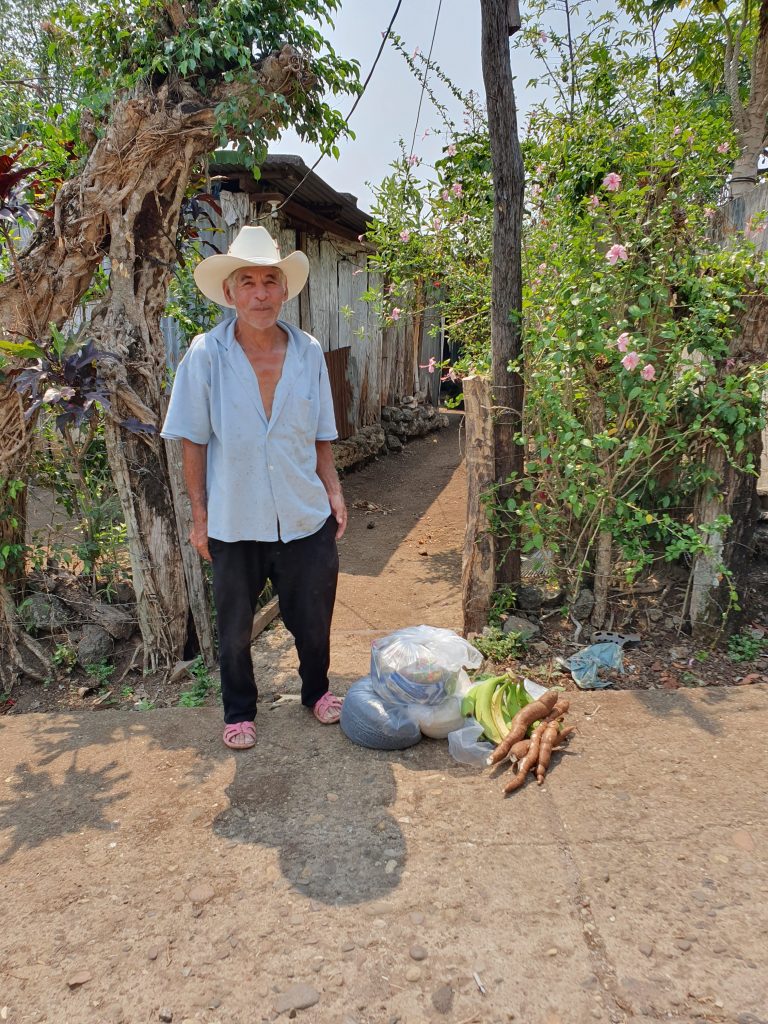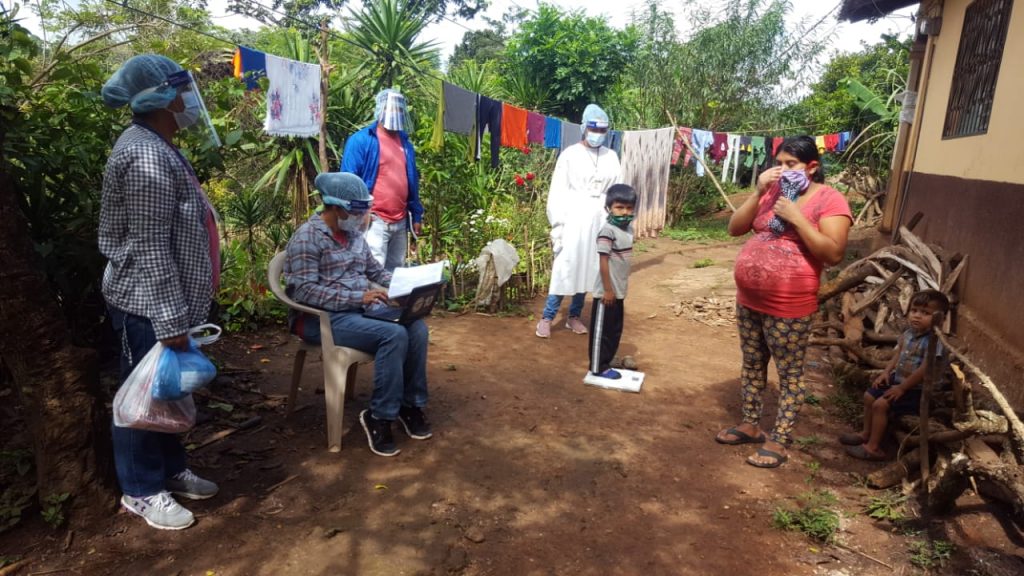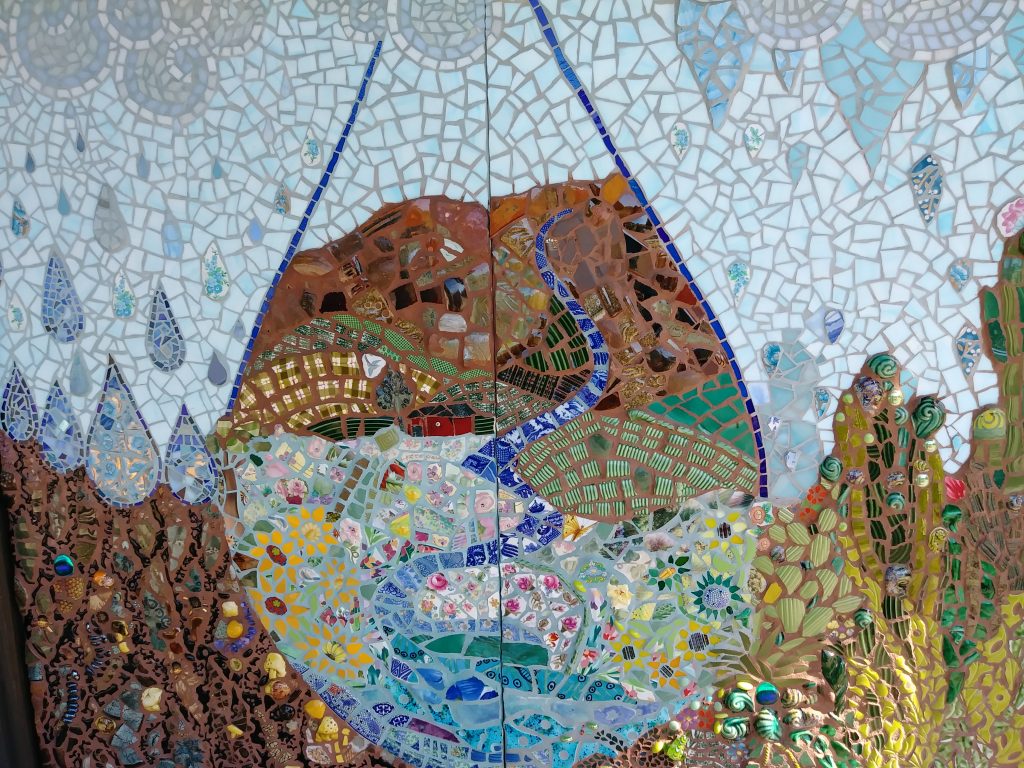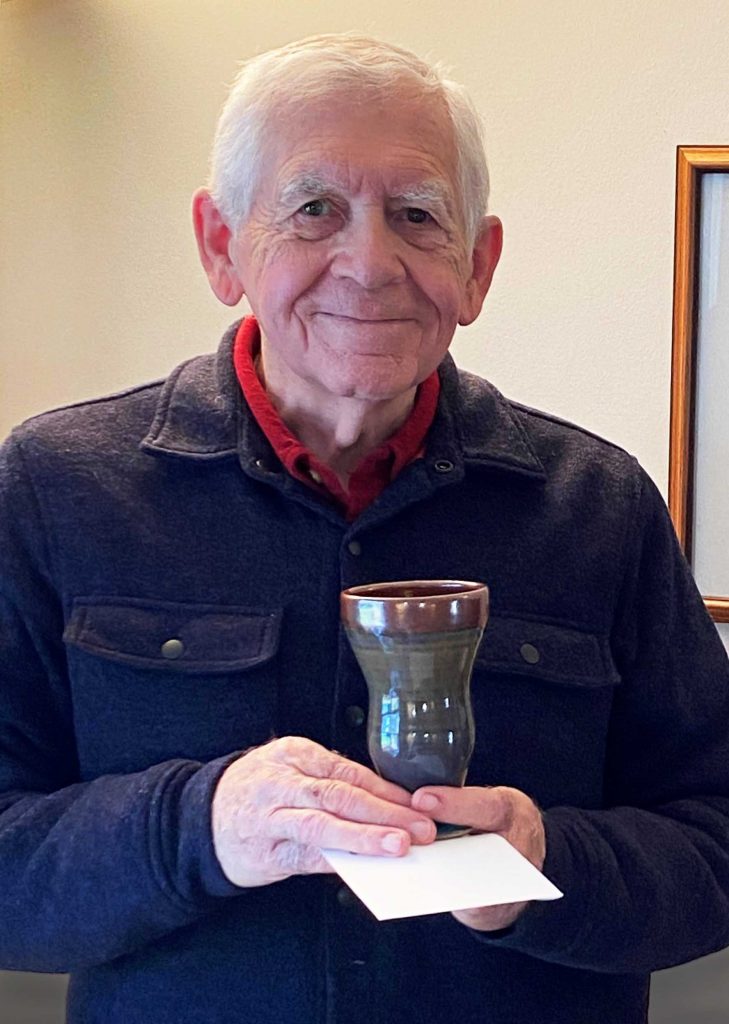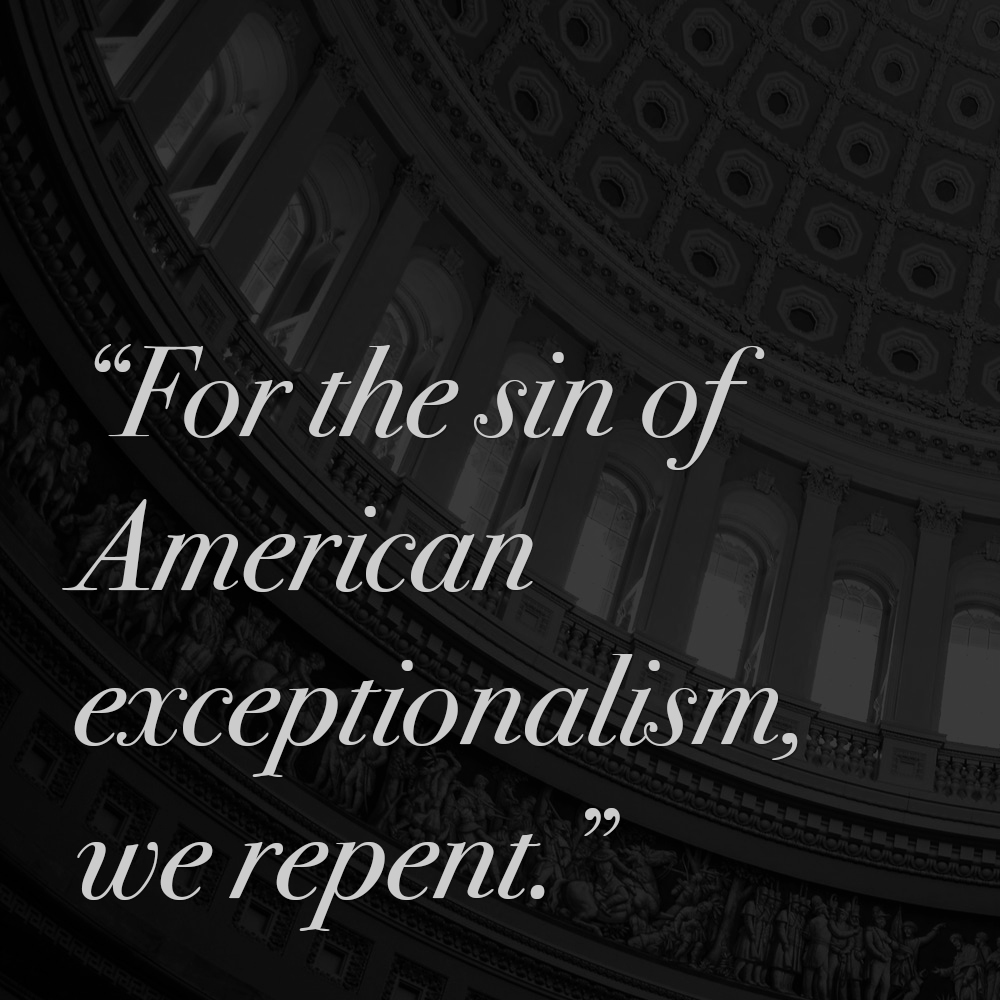
As people who seek to be formed into the image of Jesus, we acknowledge that we have often idolized our nation, our government, and even democracy itself. Our cries of “How could this happen here?” make clear our tendencies to consider ourselves better than others, which does not reflect the mind of Christ.
For the sin of American exceptionalism, we repent. We stand in solidarity with sisters and brothers around the world who live with political upheaval and violence every day.
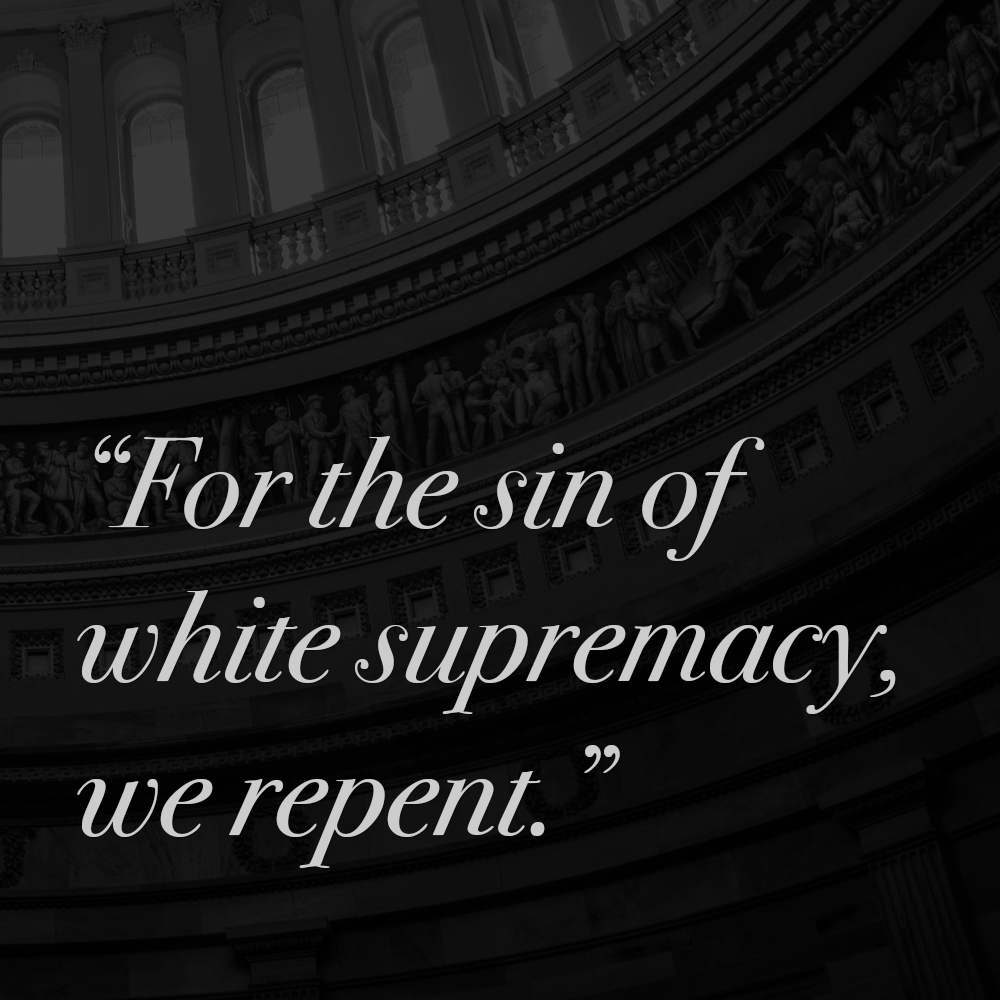
As people committed to mutual transformation through intercultural relationships, we acknowledge the racism that fueled yesterday’s rally and siege of the Capitol. We grieve the continued power that white racial narratives hold over us as a nation and, particularly, as followers of Jesus.
For the sin of white supremacy, we repent. We recommit to pursuing biblical justice and right relatedness in our lives, communities, and country so that all people may experience God’s abundant life.
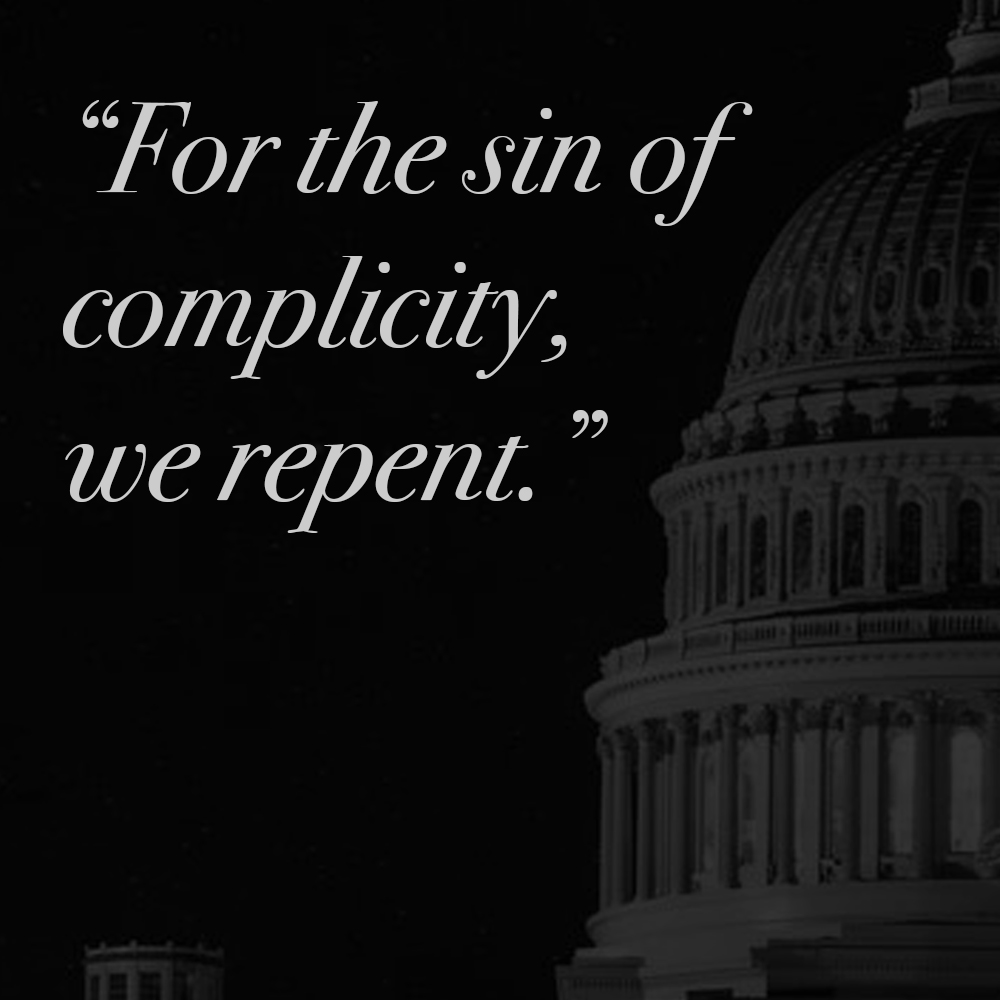
As people called to join Jesus in healing what has been broken in our relationships, neighborhoods, and the world, we acknowledge that too many of us find our identity in our national citizenship or political party. At the same time, others of us are quick to look the other way in the face of evil in order to maintain a superficial peace that harms rather than heals.
For the sin of complicity, we repent. We accept our identity as the Body of Jesus–the way, the truth, and the life—as we join God’s work of making all things new.

